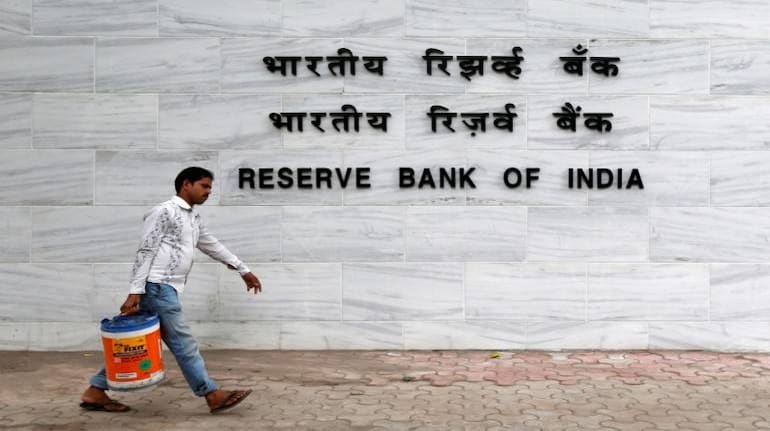



The Centre is planning to dilute capital norms for banks, as laid down in the Basel III guidelines, to free up capital and spur economic activity. It is expected to soon meet up with Reserve Bank of India (RBI) officials to discuss a less stringent Basel III framework for cash-strapped banks, according to a report in TheEconomic Times.
Basel III norms refers to the regulatory accord pertaining to enhanced risk management and supervision within the banking sector. The first version of the Basel III guidelines was published in 2009 by the Basel Committee on Banking Supervision following the 2008 financial crisis. Under the new norms, banks the world over will have to meet the minimum capital requirement and maintain leverage ratios within the range specified in the regulatory framework.
Banks have turned risk averse given the mounting pile of bad loans, forcing the government to infuse capital for shore up the balance sheet. A move to ease the regulatory guidelines would free up as much as Rs 60,000 crore with public sector banks and loosen the purse strings of bankers. Greater lending could bolster the economy in the run up to general elections in 2019.
The RBI’s interpretation of Basel III norms requires banks to maintain a minimum common equity (CET) Tier-I ratio of 5.5 percent of risk-weighted assets. Under the original Basel III guidelines, banks need to set aside a minimum of 4.5 percent of their assets. Lowering the minimum CET requirement will increase liquidity in the economy without the need for additional provisioning.
The NITI Aayog was among the stakeholders apprised of the government’s decision to approach the RBI in this regard. Rajiv Kumar, the Vice-Chairman of the government's policy think tank, told the newspaper that the central bank was being overly cautious by setting minimum capital requirements over and above Basel III’s recommendations.
He stated that almost 70 percent of banks in India are state-owned, making a default highly unlikely as the sovereign was the principal guarantor. A circular issued in February suggested that the RBI was open to diluting the rules since asset recognition norms were more stringent. The new rules state that if loan repayment is delayed even by a single day, the RBI will consider it as a default.
A relaxation in the rules will help weaker banks, which are foregoing fresh lending, to meet the RBI’s capital adequacy ratio. Recoveries through the Insolvency and Bankruptcy Code (IBC) route have also picked up, easing pressure on banks.
Discover the latest Business News, Sensex, and Nifty updates. Obtain Personal Finance insights, tax queries, and expert opinions on Moneycontrol or download the Moneycontrol App to stay updated!
Find the best of Al News in one place, specially curated for you every weekend.
Stay on top of the latest tech trends and biggest startup news.